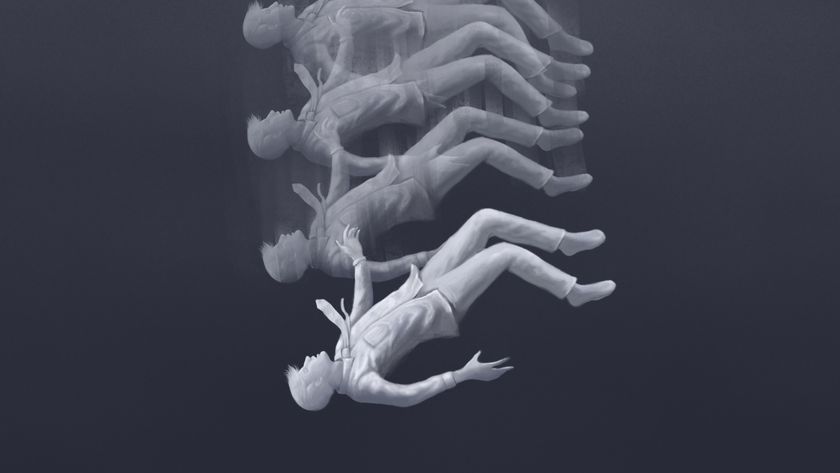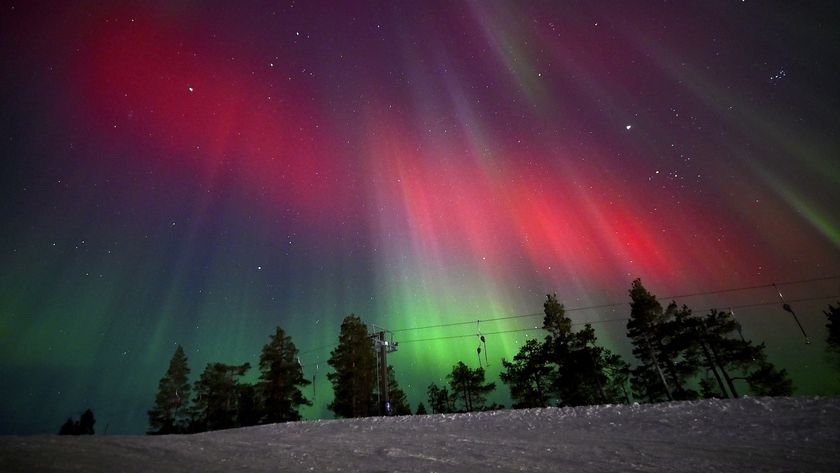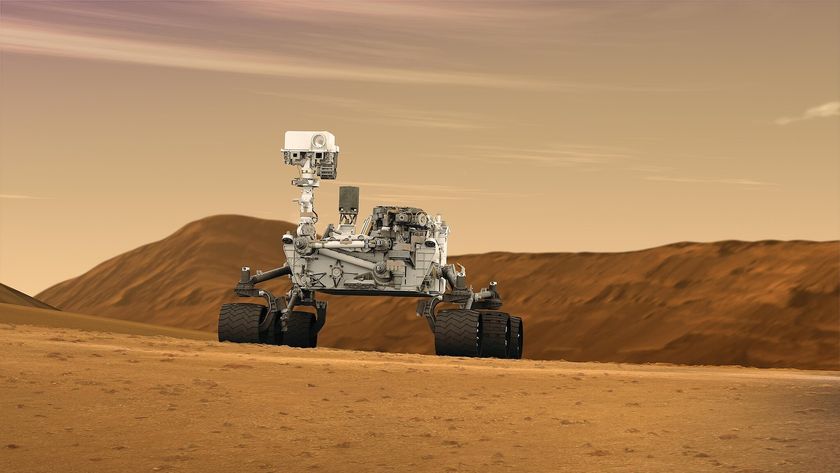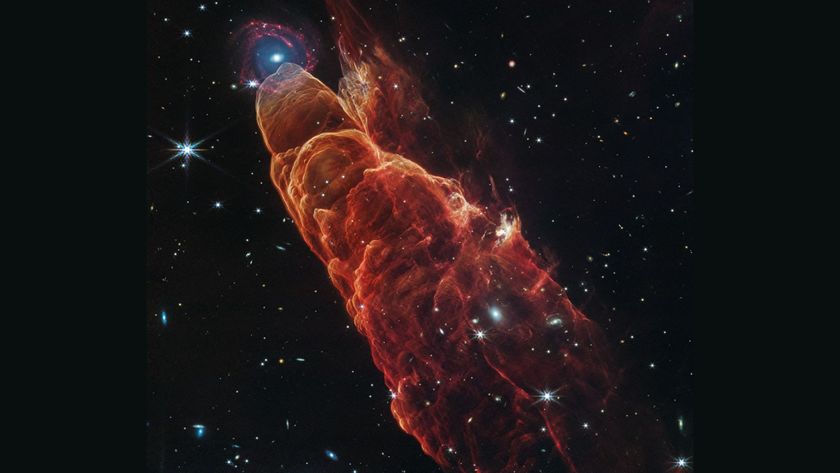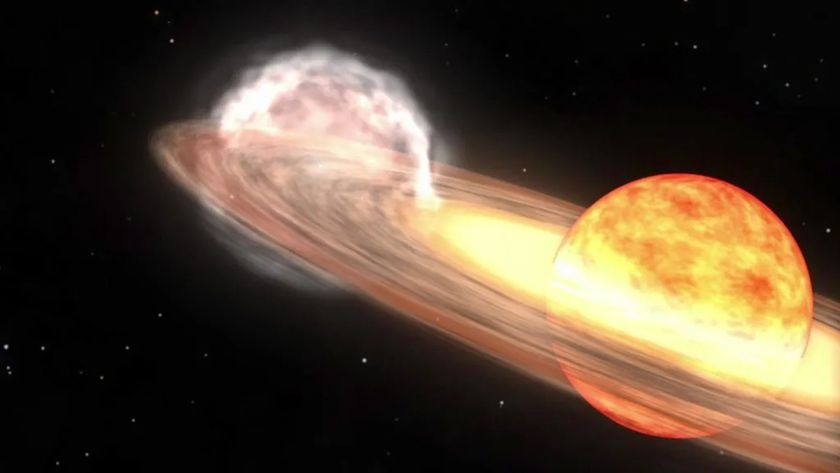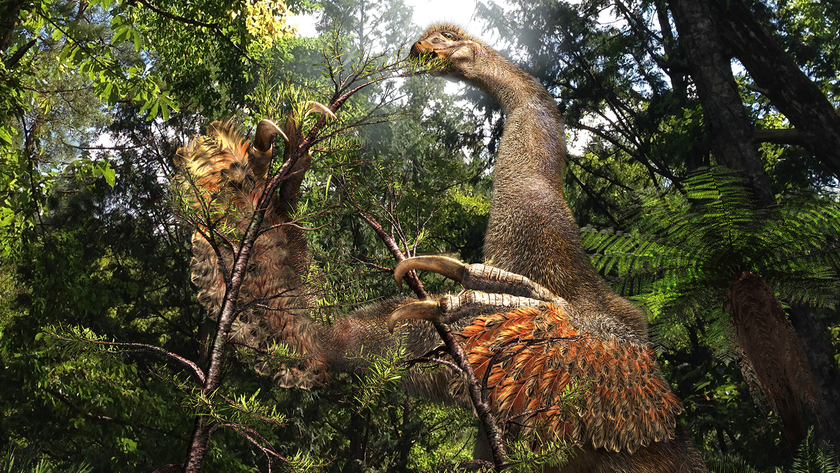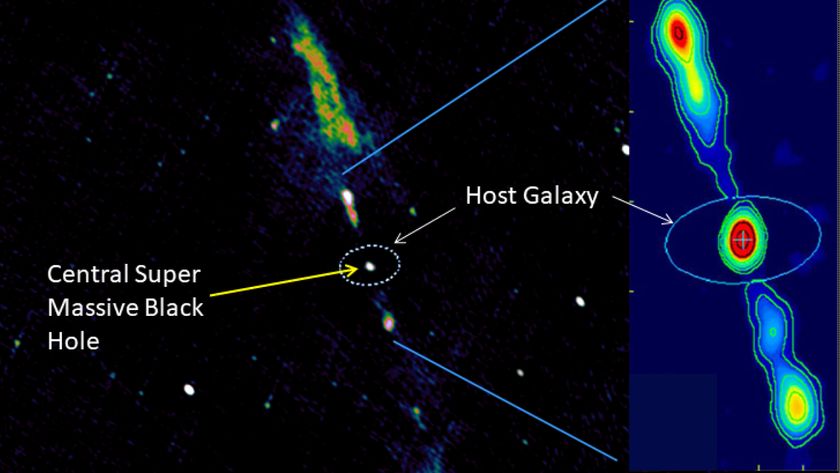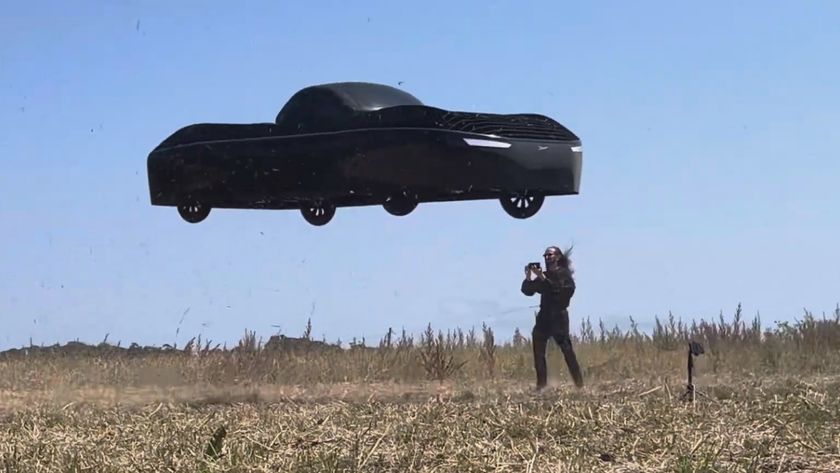How Magic Mushrooms Really 'Expand the Mind'
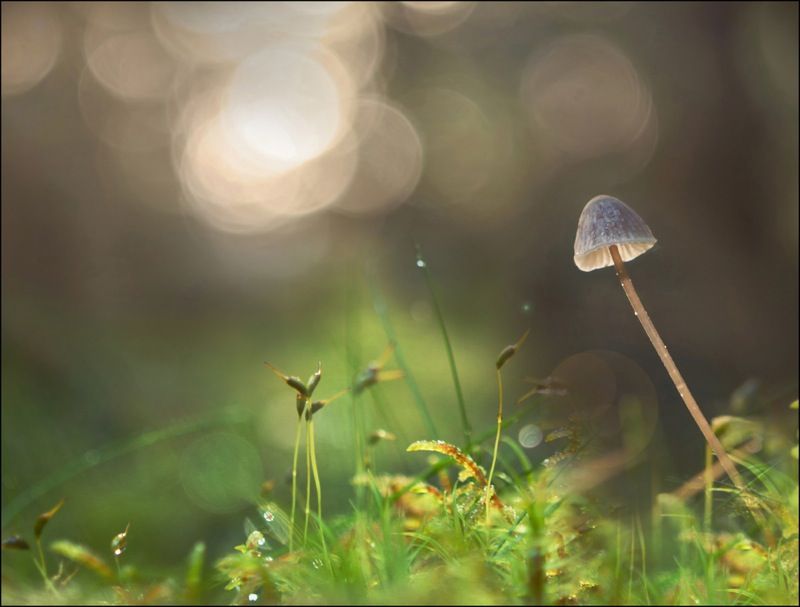
Your brain on psychedelic drugs looks similar to your brain when you're dreaming, suggests a new study that may also explain why people on psychedelics feel they are expanding their mind.
In the study, the researchers scanned the brains of 15 people before and after they received an injection of psilocybin, the hallucinogen found in magic mushrooms.
Under psilocybin, the activity of primitive brain areas thought to be involved in emotion and memory — including the hippocampus and the anterior cingulate cortex — become more synchronized, suggesting these areas were working together, the researchers said.
This pattern of brain activity is similar to that seen in people who are dreaming, the researchers said. [Trippy Tales: The History of 8 Hallucinogens]
"I was fascinated to see similarities between the pattern of brain activity in a psychedelic state and the pattern of brain activity during dream sleep," study researcher Robin Carhart-Harris, of Imperial College London in the United Kingdom, said in a statement. "People often describe taking psilocybin as producing a dreamlike state and our findings have, for the first time, provided a physical representation for the experience in the brain."
In contrast, the activity in brain areas involved in "high-level" thinking (such as self-consciousness) were less coordinated under psilocybin, the study found.
Finally, using a new technique to analyze the brain data, the researchers found that there were more possible patterns of brain activity when participants were under the influence of psilocybin, compared with when they were not taking the drug. This may be one reason why people who use psychedelic drugs feel that their mind has expanded — their brain has more possible states of activity to explore, the researchers said.
Sign up for the Live Science daily newsletter now
Get the world’s most fascinating discoveries delivered straight to your inbox.
The researchers caution that, because some techniques used in the study are new, more research is needed to confirm the findings. The study is published today (July 3) in the journal Human Brain Mapping.
Follow Rachael Rettner @RachaelRettner. Follow Live Science @livescience, Facebook & Google+. Original article on Live Science.

Rachael is a Live Science contributor, and was a former channel editor and senior writer for Live Science between 2010 and 2022. She has a master's degree in journalism from New York University's Science, Health and Environmental Reporting Program. She also holds a B.S. in molecular biology and an M.S. in biology from the University of California, San Diego. Her work has appeared in Scienceline, The Washington Post and Scientific American.
